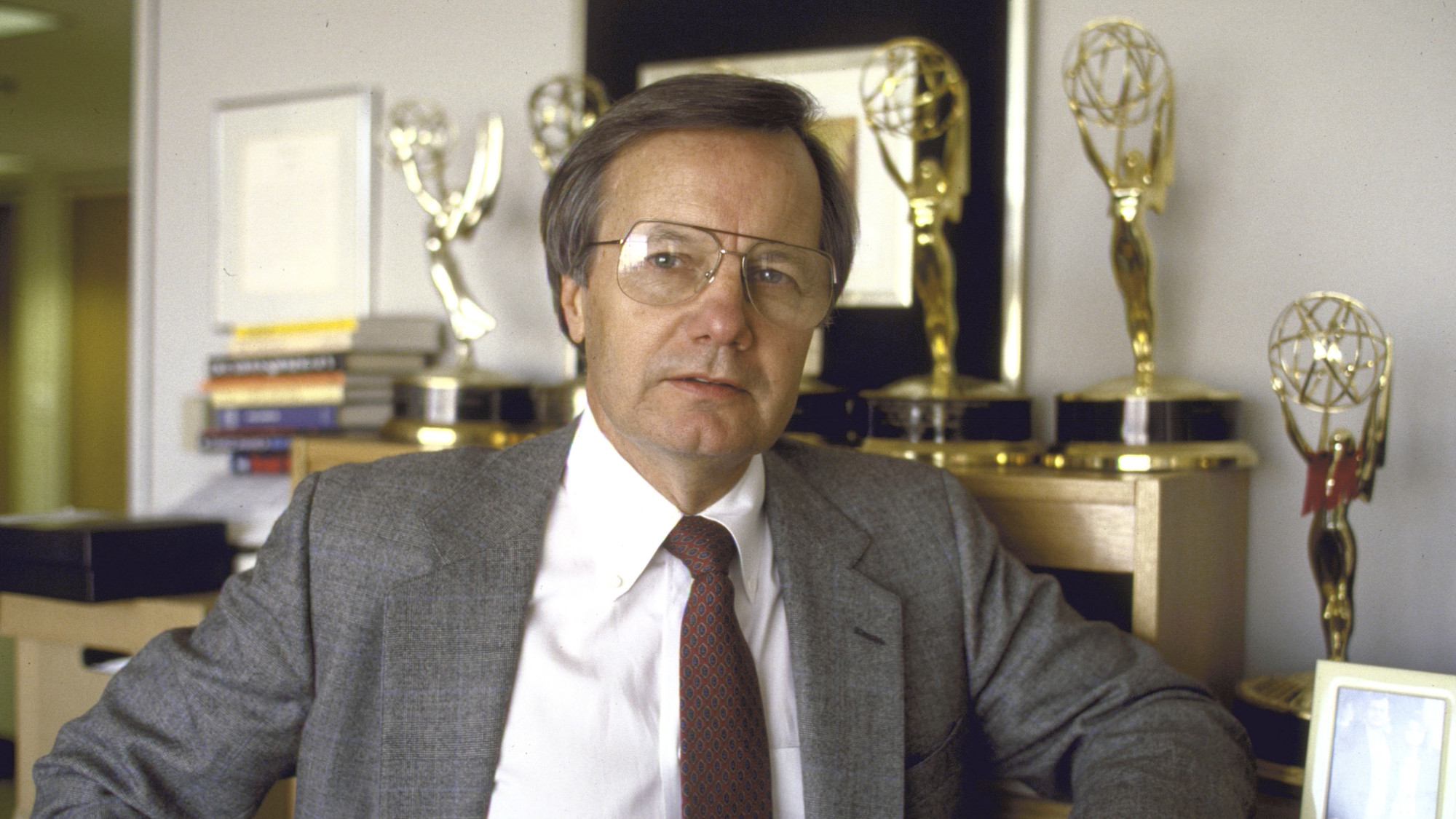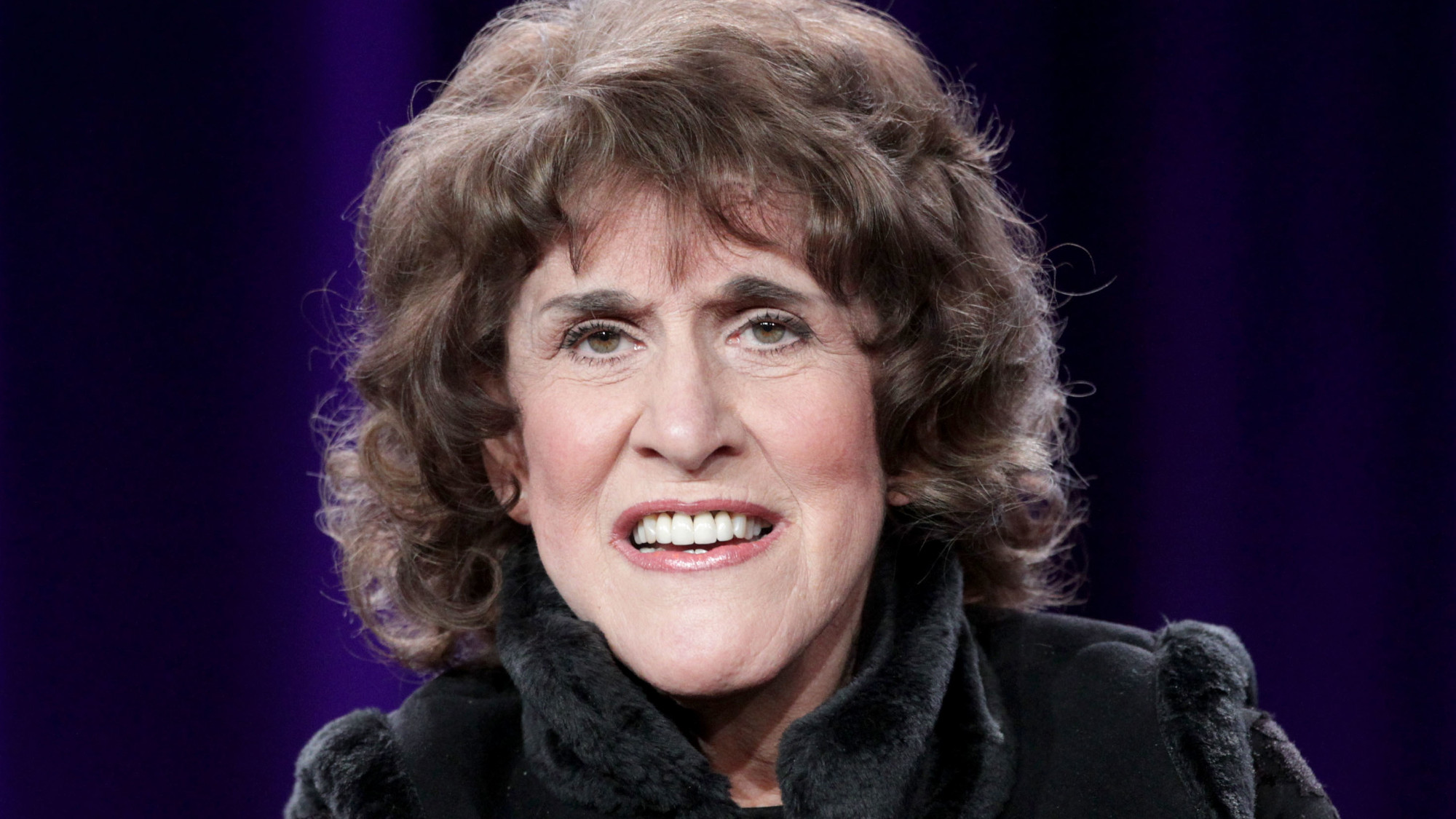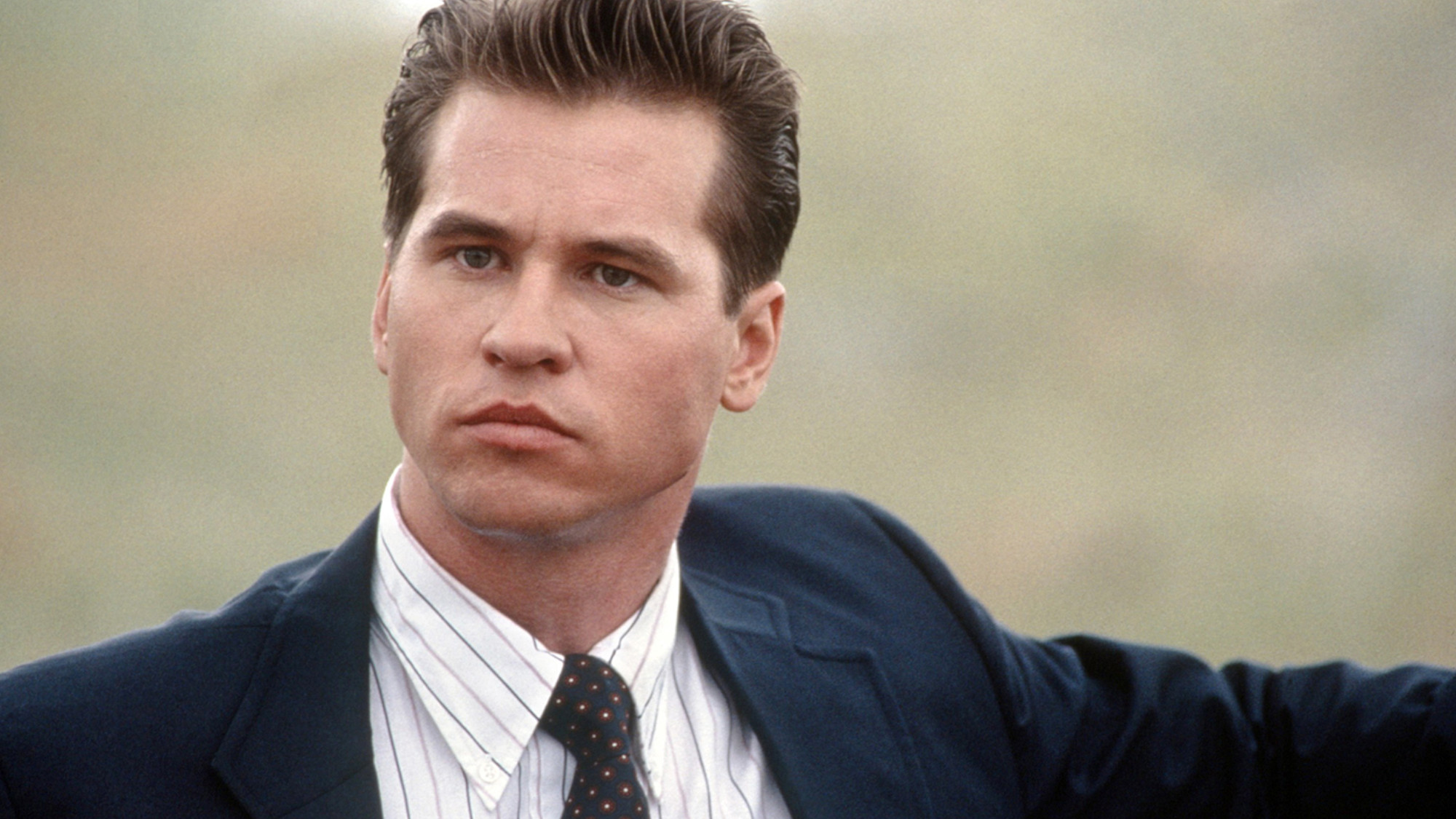Leo Kirch, 1926–2011
The man who built and lost a media empire
A free daily email with the biggest news stories of the day – and the best features from TheWeek.com
You are now subscribed
Your newsletter sign-up was successful
Leo Kirch took out a modest loan from his wife to lay the foundation for Germany’s second-biggest media empire. He used her money in 1956 to drive to Italy, where he met a young director named Federico Fellini and bought the German rights to his debut film, La Strada. When the film became a hit in German cinemas, Kirch easily paid his wife back. But in the 1990s he was unable to pay the hundreds of millions of dollars he owed to creditors. Those debts led, in 2002, to postwar Germany’s biggest bankruptcy and the dissolution of Kirch’s media group.
Born in northern Bavaria as the son of a winemaker, Kirch studied and later taught economics at the University of Munich. But as soon as his Fellini gamble paid off, he quit academia and started snapping up movie rights. By the end of the century, said Bloomberg.com, he owned “the rights to 63,000 movies and television shows.”
Kirch branched out into production, distribution, merchandising, and broadcasting, which allowed him to “wring profit from practically every step of the creation and marketing of a film,” said Der Spiegel. His “cunning and hunger for power” brought him a reputation as a “puppet master who pursued monopolies to the very edge of legality.” The Kirch Group, which he ran like a patriarch, eventually employed 10,000 people, ran three private television channels, and held 40 percent of the Axel Springer publishing house. In assembling his conglomerate, Kirch courted conservative politicians and became a close personal friend of German Chancellor Helmut Kohl.
The Week
Escape your echo chamber. Get the facts behind the news, plus analysis from multiple perspectives.

Sign up for The Week's Free Newsletters
From our morning news briefing to a weekly Good News Newsletter, get the best of The Week delivered directly to your inbox.
From our morning news briefing to a weekly Good News Newsletter, get the best of The Week delivered directly to your inbox.
But Kirch also had an archenemy, or at least he thought he did. Deutsche Bank chairman Rolf Breuer said in a 2002 interview that the finance sector wasn’t “prepared to provide further” financing for Kirch, whose $3 billion investment in a bid to launch pay TV in Germany had gone nowhere in the late 1990s. Bankruptcy soon followed, and Kirch spent the rest of his life fighting a series of bitter legal actions against the banker. He was “convinced that Breuer deliberately sought to drive his media group into insolvency,” said the Munich Süddeutsche Zeitung. His heirs could choose to fight on.
A free daily email with the biggest news stories of the day – and the best features from TheWeek.com
-
 Local elections 2026: where are they and who is expected to win?
Local elections 2026: where are they and who is expected to win?The Explainer Labour is braced for heavy losses and U-turn on postponing some council elections hasn’t helped the party’s prospects
-
 6 of the world’s most accessible destinations
6 of the world’s most accessible destinationsThe Week Recommends Experience all of Berlin, Singapore and Sydney
-
 How the FCC’s ‘equal time’ rule works
How the FCC’s ‘equal time’ rule worksIn the Spotlight The law is at the heart of the Colbert-CBS conflict
-
 Scott Adams: The cartoonist who mocked corporate life
Scott Adams: The cartoonist who mocked corporate lifeFeature His popular comic strip ‘Dilbert’ was dropped following anti-Black remarks
-
 Bill Moyers: the journalist who was the face of PBS
Bill Moyers: the journalist who was the face of PBSFeature A legend in public broadcasting
-
 Ruth Buzzi: The comic actress who packed a wallop
Ruth Buzzi: The comic actress who packed a wallopFeature She was best-known as Gladys Ormphby on the NBC sketch show "Rowan & Martin's Laugh-In"
-
 Val Kilmer: the actor who played Iceman and Batman
Val Kilmer: the actor who played Iceman and BatmanFeature Kilmer died at age 65 from pneumonia
-
David Brenner, 1936–2014
feature The comedian who ruled ‘The Tonight Show’
-
Dr. Joyce Brothers, 1927–2013
feature The psychologist who became a media star
-
Phyllis Diller, 1917–2012
feature The comedian who paved the way for female stand-up
-
John Kluge, 1914–2010
feature The immigrant who built a media empire